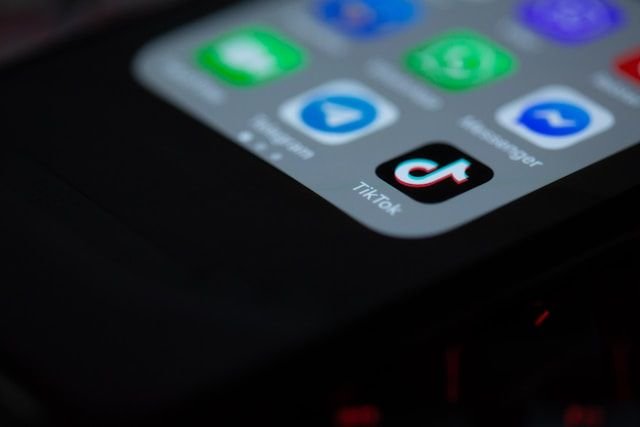As the January 19 deadline approaches, TikTok plans to go dark unless a reprieve is granted
TikTok is gearing up to shut down its U.S. operations on Sunday, January 19, 2025, if a federal ban takes effect as planned. This drastic move comes after a law, signed in April 2024, mandates the Chinese-owned app to either divest from its parent company ByteDance or face a nationwide shutdown. Sources familiar with the situation revealed that TikTok is preparing for the worst, with millions of American users potentially cut off from the platform.
The looming shutdown, which could affect TikTok users globally, is part of an ongoing legal battle involving the U.S. government. If implemented, the law will prevent the app from being downloaded from the Apple and Google app stores, while also prohibiting U.S. companies from providing services to TikTok. Though users who have already downloaded the app could still technically use it, the lack of updates or maintenance would render the app inoperable in the long run.
However, as the deadline nears, uncertainty remains. President-elect Donald Trump, who takes office just one day after the ban’s potential implementation, is reportedly considering issuing an executive order to delay enforcement by 60 to 90 days. This would provide his administration time to work out a political resolution, though the legality of such an order is unclear.
Embed from Getty ImagesThe Biden administration, while expressing no intent to block the ban, has not ruled out attempts to delay the shutdown until Trump takes office. Officials have indicated that Americans should not expect TikTok to be banned immediately, as the Supreme Court is still deciding whether to uphold the law, pause it, or give the court more time to deliberate.
Should the shutdown go ahead, TikTok plans to alert users with a pop-up message when they attempt to access the app, directing them to a website with further details. In a bid to soften the blow, the company also plans to offer users the option to download their data, allowing them to retain their personal information before the platform becomes inaccessible. Despite this, TikTok’s lawyer, Noel Francisco, stated that the shutdown would effectively “go dark,” meaning the platform would cease to operate for U.S. users.
TikTok has warned that a shutdown in the U.S. could have far-reaching effects. The company noted in a recent court filing that it relies on U.S.-based service providers to keep the platform running for users worldwide. If the law is enforced, TikTok’s global operations could be severely disrupted, as U.S. companies would no longer be able to support its services. The company has also expressed concern about the impact on its data centres, which store TikTok’s vast content and user data.
While TikTok and its Chinese parent company ByteDance continue to push for a delay or reversal of the ban, they face significant opposition from lawmakers, particularly following the law’s passage in April. Some senators, like Ed Markey, have sought to extend the divestment deadline by 270 days, but these efforts have been blocked by Republican opposition. TikTok argues that the law violates the First Amendment by restricting free speech, as it disproportionately targets the platform due to its Chinese ownership.
As the clock ticks down to the January 19 deadline, TikTok’s 170 million U.S. users are bracing for the potential loss of access. The company’s future in the U.S. remains uncertain, with discussions about data privacy and national security continuing to dominate the political discourse surrounding the app.
